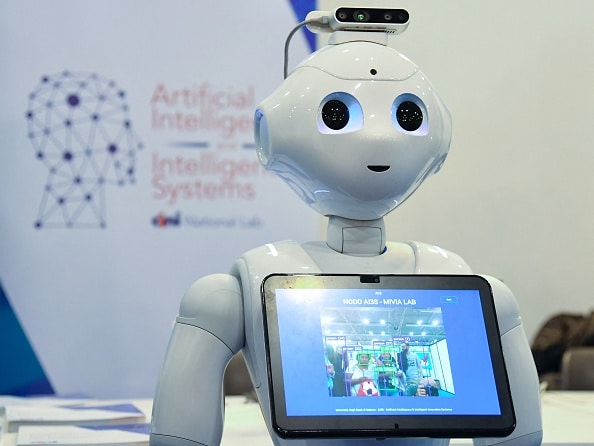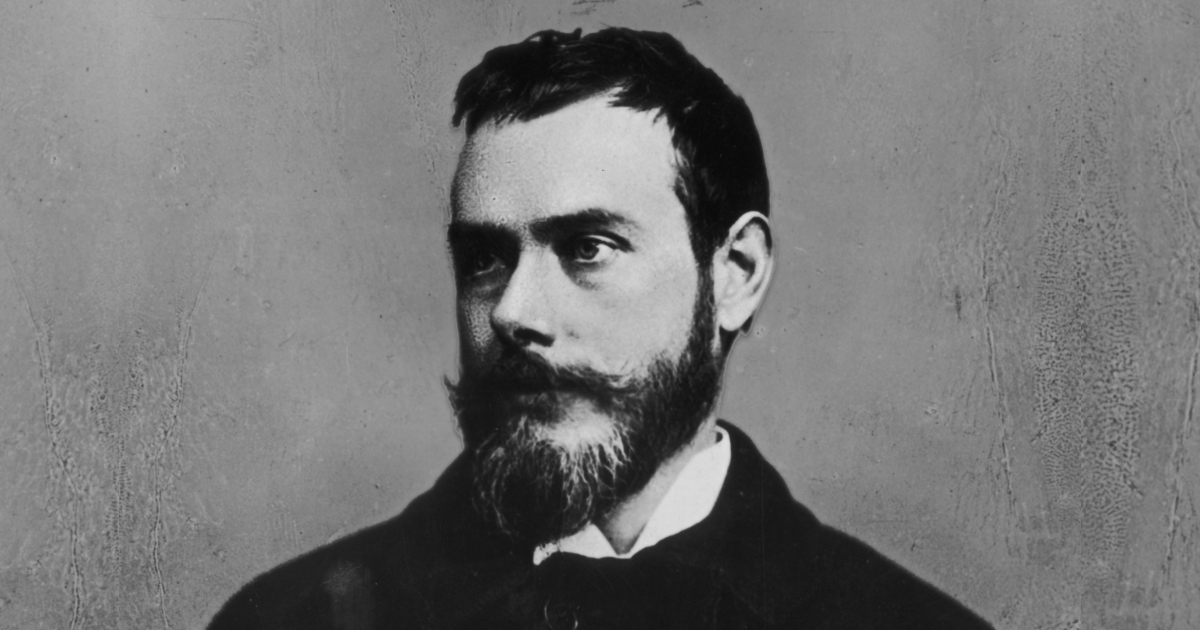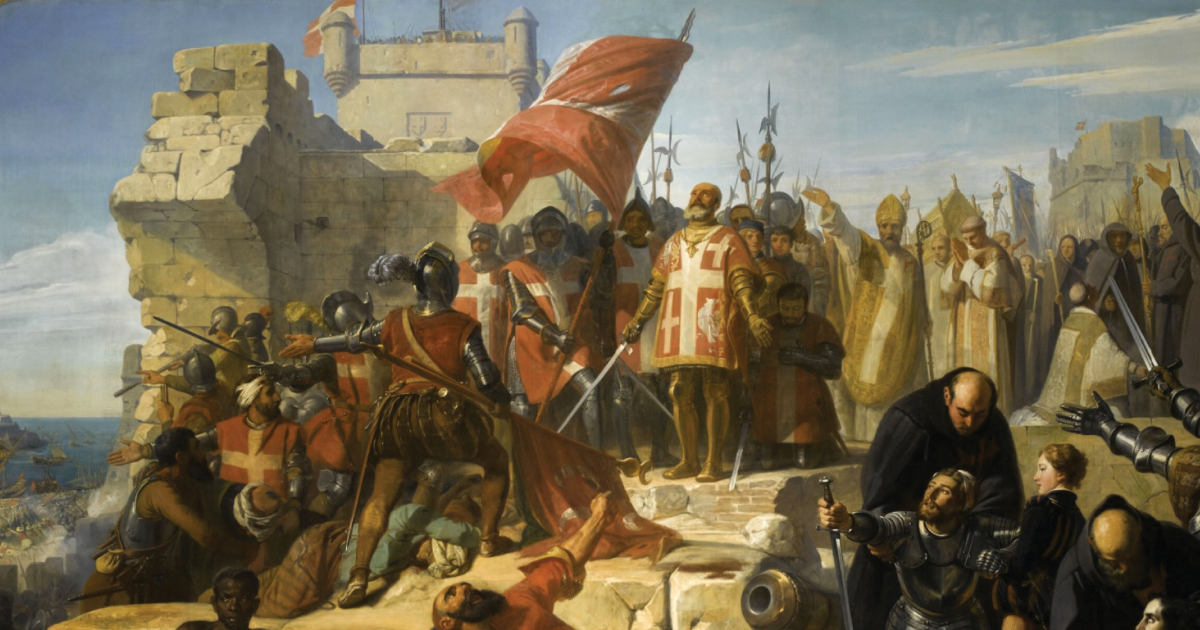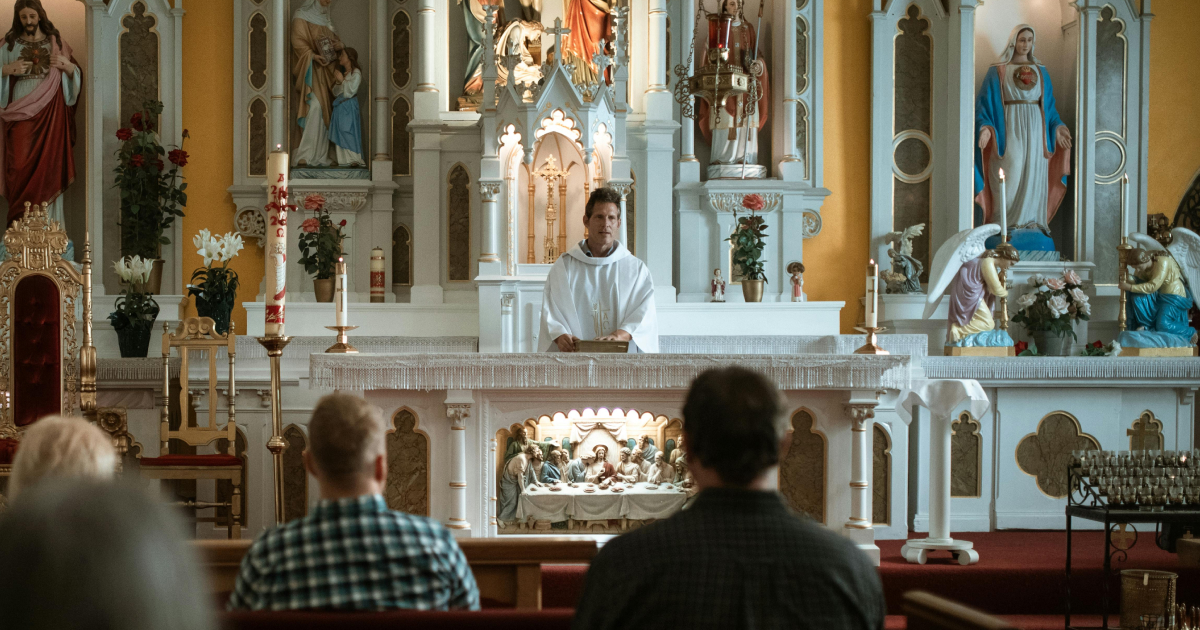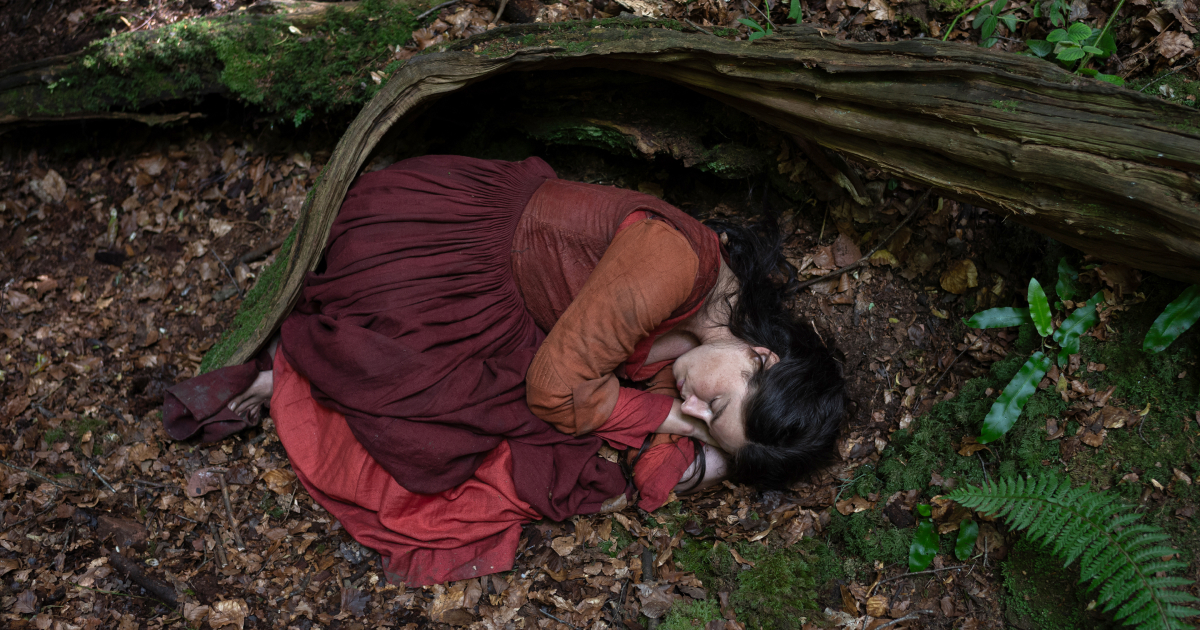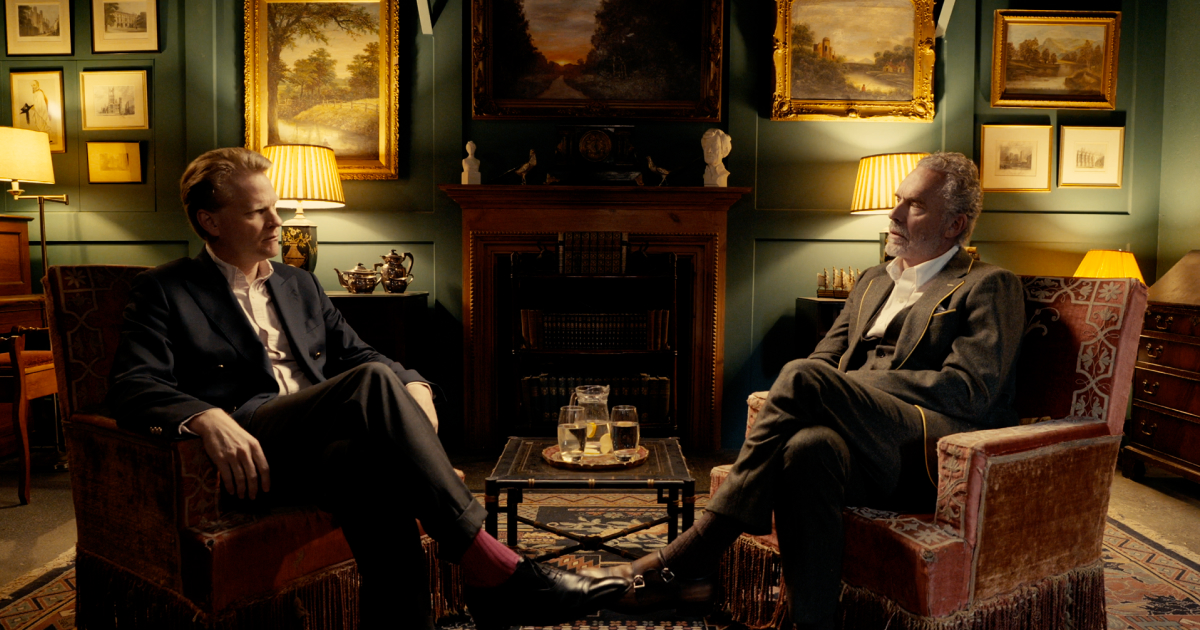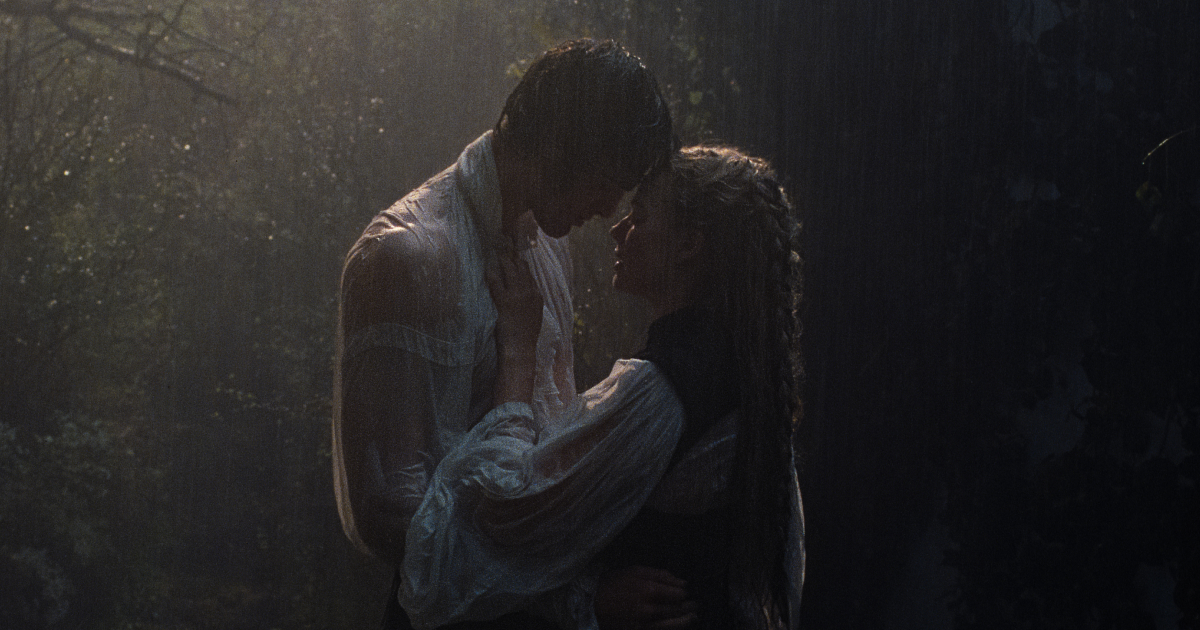In recent months, there has been a lot of discussion on social media of artificial intelligence, or AI, following the release of extremely powerful new forms of the technology. Programmes like ChatGPT can write complex essays and poems, create fake photographs and videos, and sustain convincing conversations on many different subjects.
Just a few days ago an open letter was published calling for a moratorium on AI development until more thorough safety protocols could be developed. This letter was not the work of cranks or alarmists. It was signed by influential and powerful tech figures such as Elon Musk – CEO of Twitter and founder of SpaceX – and Steve Wozniak, co-founder of Apple.
Like most people, I have only a vague understanding of how the various kinds of AI work. Also like most people, I harbour a sort of inchoate dislike and distrust of such software. In the science fiction epic Dune, part of the back story is that prior to the events of the first book, there has been something called the Butlerian Jihad. This was a long but ultimately successful campaign waged against machines possessing human-like intelligence by a faction of humanity which saw such machines as a threat to the flourishing and existence of humans. That has always sounded eminently sensible to me.
Perhaps understandably, the Church has yet to say very much about the subject. In 2020, the Pontifical Academy For Life (PAL) was a signatory to a declaration insisting in fairly broad terms that AI development should be transparent, inclusive, respectful of privacy, and that there must always be an individual human who is responsible for the functioning of a machine. Last month,the Holy Father asked the PAL to formulate a serious theological response to “emerging technologies” such as artificial intelligence. I suppose it is relatively unlikely that the PAL will recommend a Butlerian Jihad to prevent the rise of the machines, but I live in hope.
There is one part of the ethical debate that I find especially interesting. Namely, the question of whether there will ever come a point when an artificial intelligence is so sophisticated that we become obliged to treat it more like a person than a tool. Such dilemmas have been a staple of fiction for decades. One thinks of Isaac Asimov’s I, Robot stories (later adapted for cinema), which explore how exactly a quasi-conscious machine might interact with human society. There is also Steven Spielberg’s 2001 film A.I., Artificial Intelligence, or more recently Ex Machina (2014), a striking fable about a humanoid robot that develops “real” feelings and desires.
Our answer to the question of whether an artificial form of life can ever meaningfully be regarded as a person – and a holder of rights and moral responsibilities – depends deeply on our fundamental religious convictions. On the atheist-materialist view dominant among many scientists and engineers, human consciousness and personality are of necessity “emergent qualities”, i.e. they are functions of a certain arrangement of atoms, molecules and energy interacting in certain ways, and therefore can – in principle – be reproduced by a sufficiently powerful and sophisticated machine. For Christians, there is a markedly different account of what it means to be a person. We are spirit, soul and body, divine image-bearers, not mere matter in motion. We are loved and cherished by God, who is the giver and sustainer of our life.
There is, of course, much more to be said – by people much cleverer and more qualified than me – and I look forward to hearing what the PAL finally determines. But on the face of it, the idea that an artificial intelligence could ever be truly sentient is deeply at odds with the essential nature of the universe.
(Getty)
In recent months, there has been a lot of discussion on social media of artificial intelligence, or AI, following the release of extremely powerful new forms of the technology. Programmes like ChatGPT can write complex essays and poems, create fake photographs and videos, and sustain convincing conversations on many different subjects.
Just a few days ago an open letter was published calling for a moratorium on AI development until more thorough safety protocols could be developed. This letter was not the work of cranks or alarmists. It was signed by influential and powerful tech figures such as Elon Musk – CEO of Twitter and founder of SpaceX – and Steve Wozniak, co-founder of Apple.
Like most people, I have only a vague understanding of how the various kinds of AI work. Also like most people, I harbour a sort of inchoate dislike and distrust of such software. In the science fiction epic <em>Dune</em>, part of the back story is that prior to the events of the first book, there has been something called the Butlerian Jihad. This was a long but ultimately successful campaign waged against machines possessing human-like intelligence by a faction of humanity which saw such machines as a threat to the flourishing and existence of humans. That has always sounded eminently sensible to me.
Perhaps understandably, the Church has yet to say very much about the subject. In 2020, <a href="https://www.academyforlife.va/content/pav/en.html"><strong>the Pontifical Academy For Life (PAL)</strong></a> was a signatory to a declaration insisting in fairly broad terms that AI development should be transparent, inclusive, respectful of privacy, and that there must always be an individual human who is responsible for the functioning of a machine. Last month,<strong> <a href="https://www.vaticannews.va/en/pope/news/2023-03/pope-francis-minerva-dialogues-technology-artificial-intelligenc.html">the Holy Father asked the PAL to formulate a serious theological response to “emerging technologies” such as artificial intelligence</a></strong>. I suppose it is relatively unlikely that the PAL will recommend a Butlerian Jihad to prevent the rise of the machines, but I live in hope.
There is one part of the ethical debate that I find especially interesting. Namely, the question of whether there will ever come a point when an artificial intelligence is so sophisticated that we become obliged to treat it more like a person than a tool. Such dilemmas have been a staple of fiction for decades. One thinks of Isaac Asimov’s <em>I, Robot</em> stories (later adapted for cinema), which explore how exactly a quasi-conscious machine might interact with human society. There is also Steven Spielberg’s 2001 film <em>A.I., Artificial Intelligence</em>, or more recently <em>Ex Machina</em> (2014), a striking fable about a humanoid robot that develops “real” feelings and desires.
Our answer to the question of whether an artificial form of life can ever meaningfully be regarded as a person – and a holder of rights and moral responsibilities – depends deeply on our fundamental religious convictions. On the atheist-materialist view dominant among many scientists and engineers, human consciousness and personality are of necessity “emergent qualities”, i.e. they are functions of a certain arrangement of atoms, molecules and energy interacting in certain ways, and therefore can – in principle – be reproduced by a sufficiently powerful and sophisticated machine. For Christians, there is a markedly different account of what it means to be a person. We are spirit, soul and body, divine image-bearers, not mere matter in motion. We are loved and cherished by God, who is the giver and sustainer of our life.
There is, of course, much more to be said – by people much cleverer and more qualified than me – and I look forward to hearing what the PAL finally determines. But on the face of it, the idea that an artificial intelligence could ever be truly sentient is deeply at odds with the essential nature of the universe.
<em>(Getty)</em>






